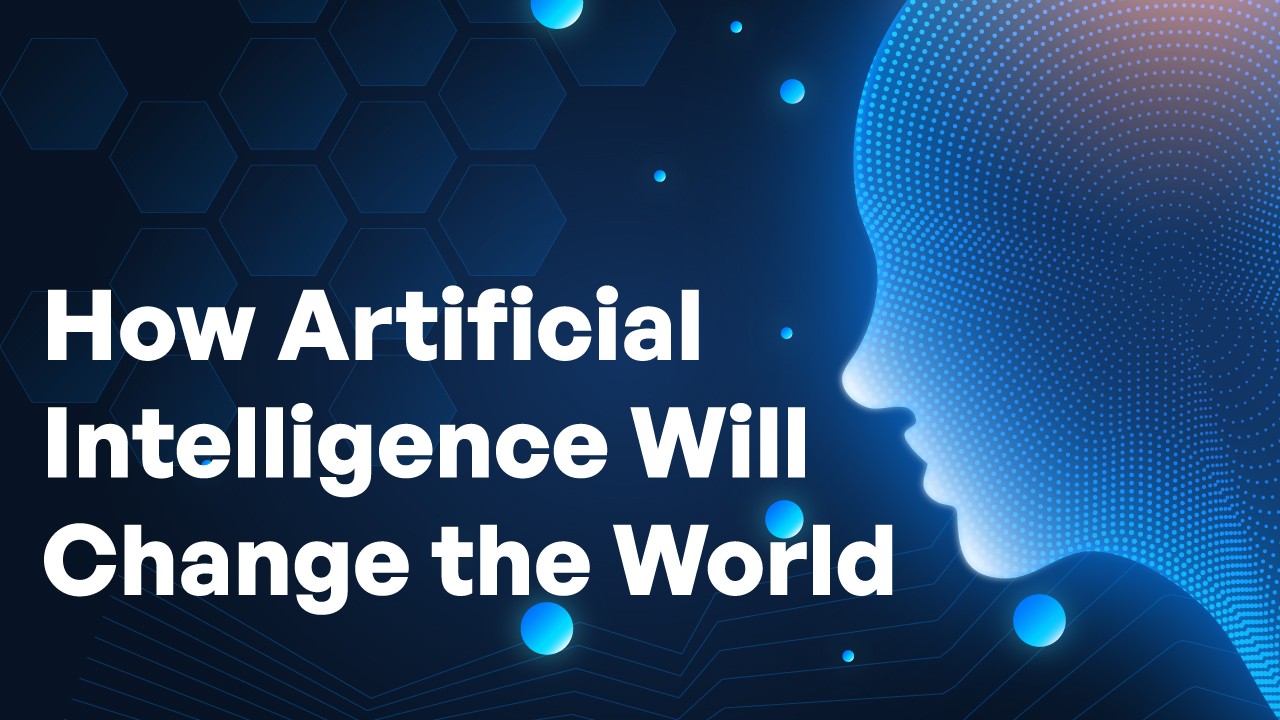AI technology is expected to significantly shape everyday life in the next decade, influencing various sectors and improving daily experiences. Here are some of the key areas where AI is likely to have a transformative impact:
1. Healthcare
– Personalized Medicine: AI will enable highly personalized treatment plans based on individual genetics and lifestyle factors. This will lead to better, more efficient healthcare, with AI-powered diagnostics, predictive models for disease, and robotic surgery becoming more commonplace.
– Telemedicine and Virtual Assistants: Virtual healthcare assistants could manage patient records, provide medical advice, and offer real-time health monitoring through wearables.
2. Transportation
– Autonomous Vehicles: Self-driving cars, trucks, and even drones will likely become more prevalent. These technologies could reduce accidents, optimize routes, and make transportation more efficient and accessible.
– Traffic Management: AI could optimize traffic flow, reduce congestion, and decrease travel time, particularly in urban areas, with smarter traffic lights and predictive systems.
3. Work and Productivity
– Automation of Repetitive Tasks: AI will continue to automate routine tasks across industries, such as customer service (chatbots), data entry, and even legal or financial research, freeing up workers to focus on more complex tasks.
– AI-Powered Assistants: Personal and professional tasks could be managed by intelligent virtual assistants capable of scheduling, answering emails, and even making decisions based on learned preferences.
4. Education
– Personalized Learning: AI-driven learning platforms will tailor educational content to individual student needs, helping people learn at their own pace. These systems will be able to adapt and provide targeted instruction, enhancing both school and lifelong learning.
– Intelligent Tutoring: AI tutors will provide one-on-one learning experiences, offering real-time feedback and support across various subjects.
5. Smart Homes
– Home Automation: AI will further enhance the smart home experience, with devices anticipating needs and preferences. This could include energy management systems that optimize consumption, smart kitchens that help plan meals, and even AI-powered security systems.
– Voice Assistants: Already popular with systems like Alexa and Google Assistant, these tools will become more intuitive, handling more complex tasks and interactions, with seamless integration into daily life.
6. Entertainment and Media
– Content Creation: AI will be increasingly involved in creating music, art, and even films, offering personalized experiences. Media platforms could use AI to recommend highly customized content based on user preferences.
– Virtual Reality (VR) and Augmented Reality (AR): AI could enhance immersive experiences, providing real-time adaptive environments for gaming, storytelling, or social interactions.
7. Shopping and E-commerce
– AI-Driven Personal Shopping Assistants: AI could curate highly personalized shopping experiences, suggesting products based on past behavior, preferences, and trends.
– Autonomous Delivery: Drones and robots could handle the delivery of goods, making same-day or even one-hour deliveries the norm.
8. Finance
– AI-Powered Financial Management: AI could assist individuals in managing their finances, providing budgeting advice, investment recommendations, and fraud detection based on real-time data analysis.
– Algorithmic Trading: AI will continue to revolutionize stock trading, using advanced algorithms to make decisions faster and more accurately than human traders.
9. Employment and Workforce
– New Jobs and Reskilling: While some jobs may be automated, AI will also create new roles, especially in fields related to AI development, ethics, and oversight. Continuous learning and reskilling will be necessary for the workforce to adapt.
– Collaboration with AI: Rather than replacing human workers, AI will often work alongside them, enhancing productivity and decision-making.
10. Environment and Sustainability
– Climate Monitoring: AI could play a crucial role in combating climate change by optimizing energy usage, predicting natural disasters, and managing resources more effectively.
– Sustainable Agriculture: AI-powered systems could improve farming techniques, reducing waste and increasing crop yields through precision agriculture.
Ethical and Social Considerations
– Data Privacy: As AI becomes more integrated into daily life, issues around data privacy and surveillance will become increasingly significant, necessitating robust regulations and ethical frameworks.
– Bias and Fairness: AI systems must be designed to avoid bias and ensure fairness, especially as they are increasingly used in decision-making processes that affect people’s lives, such as hiring or lending.
In summary, AI technology will dramatically reshape the way we live, work, and interact over the next decade. While it promises to enhance convenience and efficiency, it also raises important questions around ethics, privacy, and the future of work that will need to be addressed.



